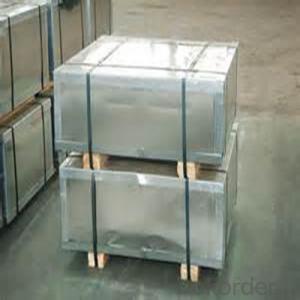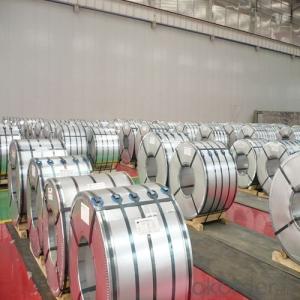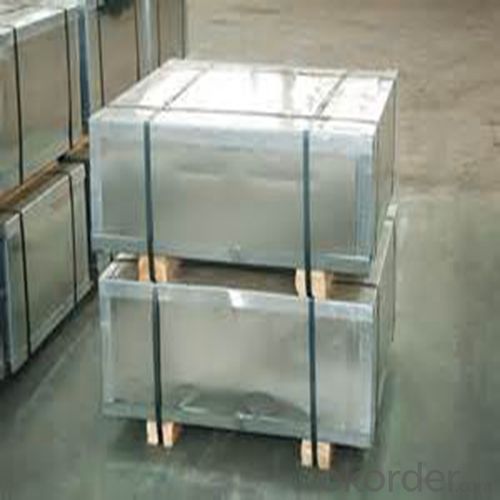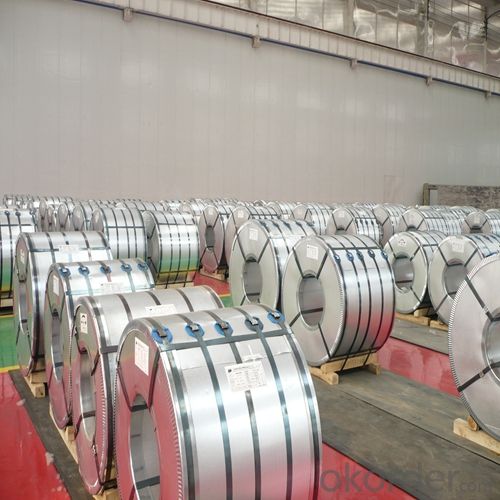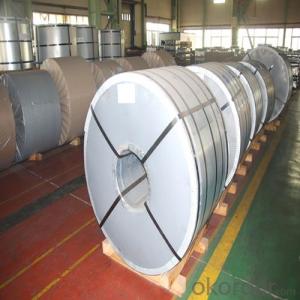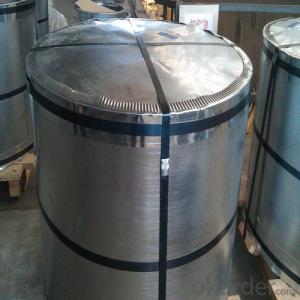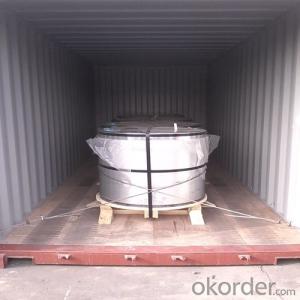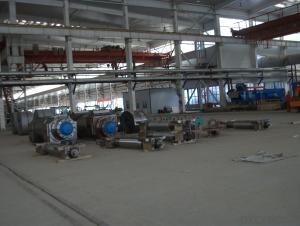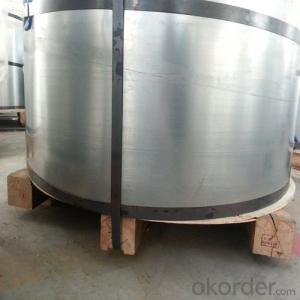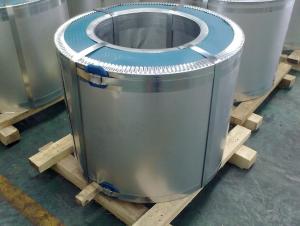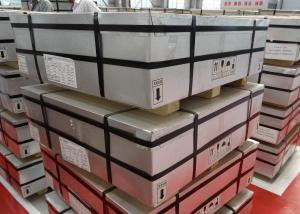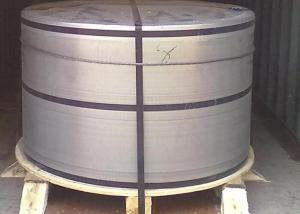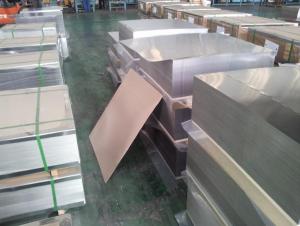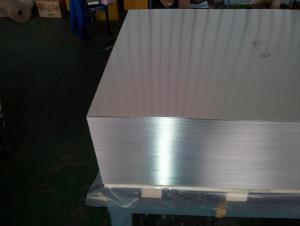Prime Quality Electrolytic Tinplate for Metal Cntainers Usage
- Loading Port:
- Shanghai
- Payment Terms:
- TT OR LC
- Min Order Qty:
- 25 m.t.
- Supply Capability:
- 15000 m.t./month
OKorder Service Pledge
OKorder Financial Service
You Might Also Like
Specification
1.Structure of Electrolytic Tinplate of Good Quality for Metal Cntainers Usage Description
Corrosion resistance – Tinplate has got good corrosion resistance. By selecting a proper coating weight, appropriate corrosion resistance is obtained against container contents. Coated items should meet 24 hour 5 % salt spray requirement.
2.Main Features of the Electrolytic Tinplate of Good Quality for Metal Cntainers Usage
Corrosion resistance – Tinplate has got good corrosion resistance. By selecting a proper coating weight, appropriate corrosion resistance is obtained against container contents. Coated items should meet 24 hour 5 % salt spray requirement.
Solderability and weldability – Tinplates can be joined both by soldering or welding. These properties of tinplate are used for making various types of cans.
Hygienic – Tin coating provides good and non toxic barrier properties to protect food products from impurities, bacteria, moisture, light and odours.
Safe – Tinplate being low weight and high strength makes food cans easy to ship and transport.
Eco friendly – Tinplate offers 100 % recyclability.
Tin is not good for low temperature applications since it changes structure and loses adhesion when exposed to temperatures below – 40 deg C.
3.Electrolytic Tinplate of Good Quality for Metal Cntainers Usage Images
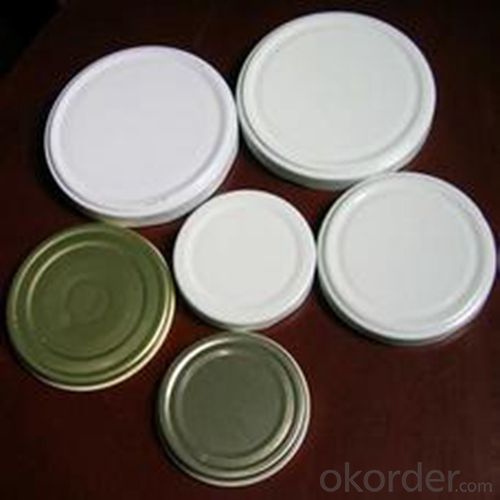
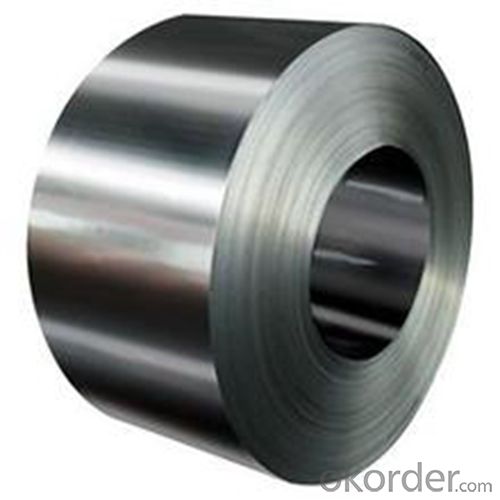
4.Electrolytic Tinplate of Good Quality for Metal Cntainers Usage Specification
Specification of :
Standard: ISO 11949 -1995, GB/T2520-2000,JIS G3303,ASTM A623, BS EN 10202
Material: MR,SPCC
Thickness:0.15mm - 0.50mm
Width: 600mm -1150mm
Temper: T1-T5
Annealing: BA & CA
Coil Inner Diameter: 508mm
Weight: 6-10 tons/coil 1~1.7 tons/sheets bundle
Passivation:311
Oil: DOS
Surface: Finish,bright,stone,matte,silver
5.FAQ of Electrolytic Tinplate of Good Quality for Metal Cntainers Usage
- What is tinning and how does it work?
Tinning is the process of thinly coating sheets of wrought iron or steel with tin, and the resulting product is known as tinplate. It is most often used to prevent rust.
- Do you only have prime quality tinplate?
We can supply both prime and second quality tinplate.
- Q: How thick is tinplate?
- Tinplate typically has a thickness ranging from 0.13 to 0.49 millimeters.
- Q: What material is the tin plate, please?
- Tinplate is a tin covered with tin, it is not easy to rust, also known as tin iron
- Q: Can tinplate be used for aerospace applications?
- Yes, tinplate can be used for certain aerospace applications, particularly for non-critical components where weight is not a significant concern. Tinplate is known for its corrosion resistance and affordability, which makes it suitable for certain aerospace applications such as interior fittings, non-structural parts, and packaging. However, for critical components that require high strength-to-weight ratio or extreme durability, other materials like aluminum or titanium are typically preferred.
- Q: Tin plated tin plated?
- Because of the punching after the incision site no tin layer, while most parts of surface layer of tin, the pretreatment process of adverse, removing tin layer will damage the substrate without removing the tin layer if not plating parts difficult to achieve uniform effect
- Q: Can tinplate packaging be used for clothing accessories?
- Yes, tinplate packaging can be used for clothing accessories. Tinplate is a versatile material that can be molded into various shapes and sizes, making it suitable for packaging small items like clothing accessories. It offers durability, protection, and a visually appealing aesthetic, making it an excellent choice for packaging these types of products.
- Q: Can tinplate be recycled?
- Yes, tinplate can be recycled. Tinplate is made from steel coated with a thin layer of tin, and both steel and tin are recyclable materials. Recycling tinplate involves separating the steel and tin layers, melting them down, and then reusing them to make new products. Recycling tinplate helps conserve natural resources and reduces waste.
- Q: How to prevent the corrosion of tinplate wall hydrogen sulfide blackening, expansion
- Oil pipelines and oil storage containers buried in the ground are exposed to the water, salt, alkali and acid substances directly in the soil, and they should be coated with antirust paint on the outside surface, and then sprayed with asphalt protection layer.
- Q: What are the main applications of tinplate in the electrical industry?
- Tinplate is widely used in the electrical industry for various applications such as the production of electrical enclosures, transformer tanks, and terminal boxes. Its corrosion-resistant properties make it an ideal material choice to protect electrical components from moisture and other environmental factors. Additionally, tinplate is used for manufacturing electrical connectors, terminals, and busbars due to its excellent electrical conductivity.
- Q: Can tinplate be used for decorative purposes?
- Yes, tinplate can be used for decorative purposes as it provides a versatile and aesthetically pleasing material for various applications such as packaging, signage, and art. Its shiny surface and ability to be easily shaped and printed on make it a popular choice for creating visually appealing decorative items.
- Q: Tinplate why have white and yellow, tin plating should be white ah, yellow is how to return a responsibility?
- Tinplate itself is no color, it is iron color.
Send your message to us
Prime Quality Electrolytic Tinplate for Metal Cntainers Usage
- Loading Port:
- Shanghai
- Payment Terms:
- TT OR LC
- Min Order Qty:
- 25 m.t.
- Supply Capability:
- 15000 m.t./month
OKorder Service Pledge
OKorder Financial Service
Similar products
Hot products
Hot Searches
Related keywords
